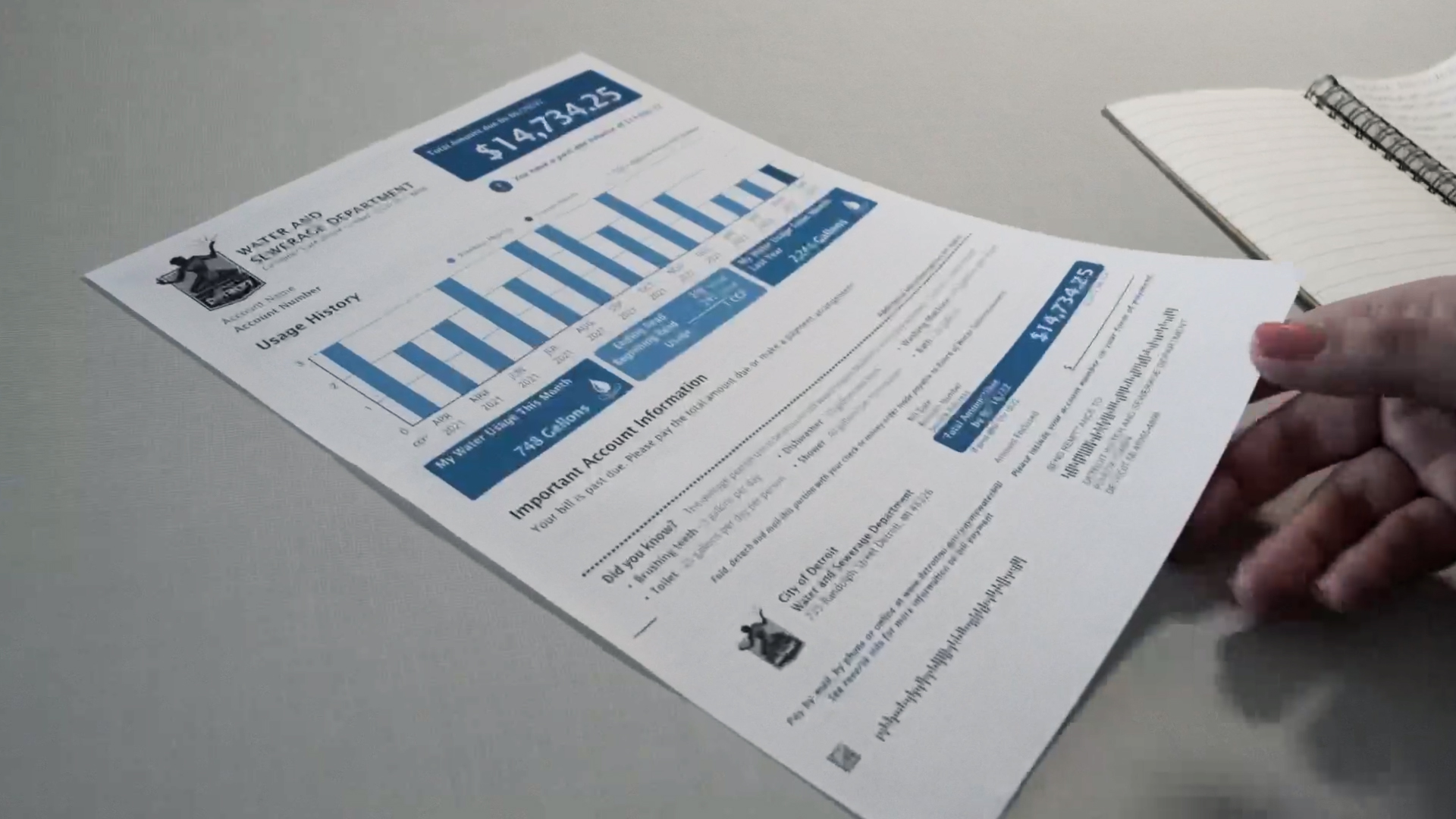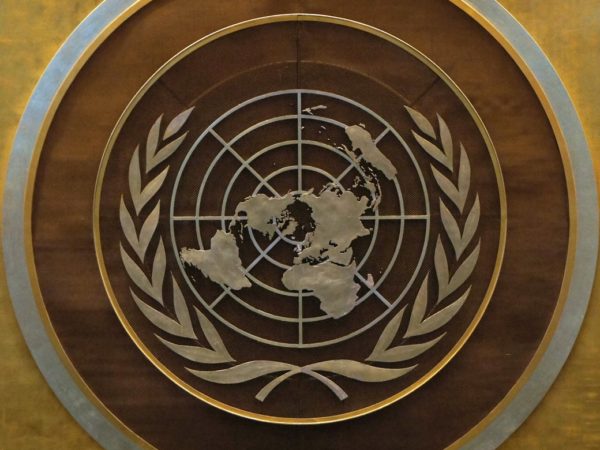
This article was republished here with permission from Planet Detroit.
By Brian Allnutt, Planet Detroit
U.S. Reps. Debbie Dingell (D-Dearborn) and Rashida Tlaib (D-Detroit) showed up to a meeting last week in Dearborn to sign a water affordability pledge and discuss the challenges faced by Michiganders struggling to pay for water service.
“We need to move beyond treating missed payments as a moral failing and acknowledge the reality of families struggling as they try to make ends meet,” Dingell said at the event hosted by Water Equals Life coalition. She said U.S. households have seen their water bills increase dramatically over the last decade, a burden compounded by reconnection fees for restoring service and payment plans for outstanding water debt.
The WEL coalition’s event looked to raise awareness about what lawmakers and advocates say is a pressing need for a statewide affordability program and federal assistance with water infrastructure and affordability. Jill Ryan, executive director for Freshwater Future, stressed that water affordability is a statewide issue in Michigan, affecting rural areas and major cities, and that small towns often lack the resources to remove lead pipes and deal with threats like PFAS contamination.
Kristy Meyer, campaign director for WEL, said part of their work is to educate the public about water affordability and how it differs from assistance programs.
“We hear people convolute them a lot,” she told Planet Detroit. “What we’re talking about is making sure that water bills are capped for low-income residents.”
The coalition, which includes We the People of Detroit, Freshwater Future and The National Wildlife Federation, among others, is working to develop statewide water affordability legislation with Oday Salim, staff attorney for the National Wildlife Federation’s Great Lakes office.
The legislation would provide shutoff protections, institute a process for debt forgiveness, and set a cap on water bills of 2% of household income for those earning 125% of the federal poverty level or less, 2.5% for those between 125% and 150%, and 3% for those earning above 150%.
Meyer said the bills would springboard off legislation spearheaded by State Sen. Stephanie Chang (D-Detroit), which set similar caps on water bills and created a statewide Low-Income Water Affordability fund. But, some advocates expressed water utilities could undermine concern that the plan wasn’t adequately funded.
Myer called WEL’s plan a “win, win, win,” that would help households pay their water bills, assist utilities that would otherwise be missing out on payments, and keep neighbors safe from waterborne illnesses, which some research has linked to water shutoffs.
She said that, for now, WEL was building on the work of groups like We the People of Detroit and working to grow a larger statewide coalition, which would include the lawmakers who could help pass water affordability legislation.
Rep. Tlaib also stressed the importance of federal action, including the Water Access Act she sponsored with Reps. Dingell and Lisa Blunt Rochester (DE-At Large) will direct $500 million to the Low-Income Household Water Assistance Program (LIHWAP) for the 2024 fiscal year.
This would extend the life of the program, which lacks permanent authorization. The program provides funding to water systems to help households with water and wastewater bills and the cost of reconnection fees.
Tlaib said she was working on a separate bill to restructure the program to include money for plumbing repairs and protect it from changes under future presidential administrations.
Nkenge Browner, with the nonprofit Mothering Justice, said she was working with the coalition because policies were needed to protect mothers and children from shutoffs that can compromise their physical and mental well-being. Physicians and researchers have said a lack of water access and contaminated water can threaten healthy pregnancies and that even the fear of shutoffs can have a negative effect.
“Black and brown mamas live in perpetual fear of not being good enough or being shamed for our style of motherhood, but also their very real fear of having our children…taken out of our homes,” Browner said. She added that the fear of losing their children can keep mothers from seeking help when their water access is threatened and lead to a cascade of negative effects.
“There are a number of mothers that we work with whose children connect the sound of water bottles opening to bath time,” Browner said. “For most of us, bath time…is usually an important moment of bonding, of feeling safe, of feeling warm, of feeling comfortable within your own house. Children across our state and other states are not having this experience.”
Catch more news at Great Lakes Now:
Michigan water rights advocate questions effectiveness of proposed affordability legislation
Michigan toddlers to receive universal lead testing under new legislation
Featured image: A water bill from the Detroit Water and Sewerage Department. (Photo Credit: GLN)




